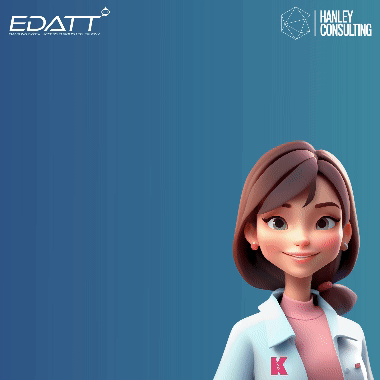We heard from Jim Beagle, President and CEO of BridgeHead Software on the use of WhatsApp in the NHS:
According to a BBC news story, “The use of WhatsApp in NHS ‘widespread’ say doctors”. While this is troubling, it’s in no way surprising. Clinicians under pressure to do the very best for their patients, in a timely manner, are resorting to consumer messaging apps including Snapchat and WhatsApp in order to share information relating to patients across their teams. Why? Seemingly because they do not have the official provision of safe data sharing across departments and health providers.
This is an argument we are well used to hearing at BridgeHead. If healthcare organisations do not provide a compliant and sanctioned means to share data, clinicians will find other ways to do it. But, there are some obvious risks to sharing patient information through uncontrolled means – first and foremost being the privacy and security of data
Hospitals who are turning a blind eye to his practice are leaving themselves open to patient data breaches and the disclosure of sensitive information; of course, coupled with the wrath of the Information Commissioners Office (ICO) and some heavy fines.
Granted, these apps enable a convenient way of sharing data between immediate devices. However, the result is the creation of further data siloes, whereby the data is locked into the devices on which the information was shared, i.e. it will never formulate part of the patient record.
And what about other governance and compliance issues, such as where does this information live? How long will it or should it be retained? When should it be deleted? With consumer apps, there is no administration function to manage this process, so are clinicians going to take personal responsibility for this?
But, is there a workable alternative? Well yes. The use of an independent clinical archive (ICA) solves almost all of the issues of data sharing across the healthcare ecosystem. The standards-based enterprise repository offers a fully compliant means to store, protect and share all data pertinent to a patient, including medical images, scanned documents such as historical paper-based referral documents and patient consent forms, observation results, clinical reports, medical photographs and videos.
With an ICA clinicians and support staff have a quick and easy means to search and retrieve data as and when they need it at the point of care.
It’s been clearly identified in the Wachter Review that the digitisation of healthcare and data sharing is vital for future success. As such, data sharing policies cannot be ignored, nor pushed under the carpet. Healthcare providers must review their practices and put in place the technology that will allow them to continue to share data for the benefit of patients, safely, securely and in a timely manner.
Data is after all the most strategic asset that a healthcare provider has in its armour. So it should be treated with the respect it deserves and harnessed to the betterment of care delivery.”




